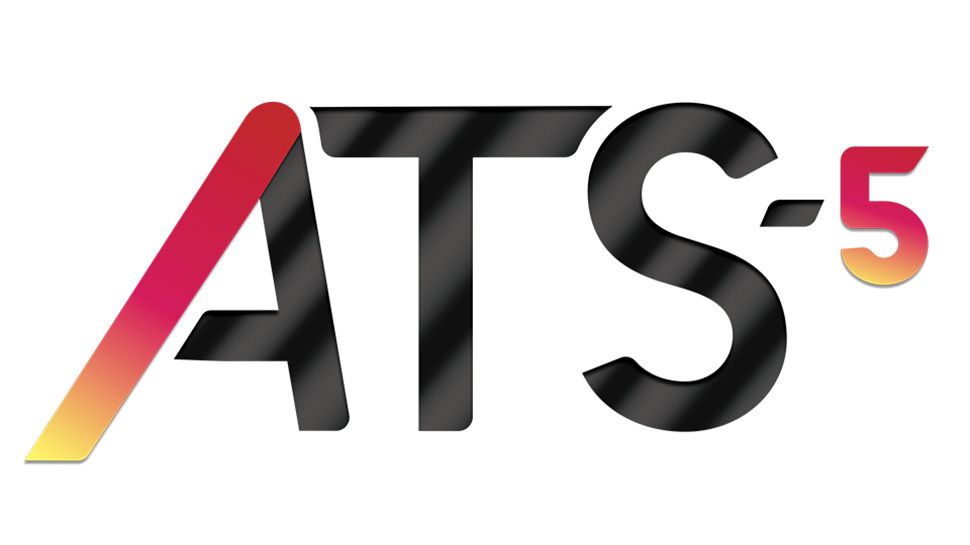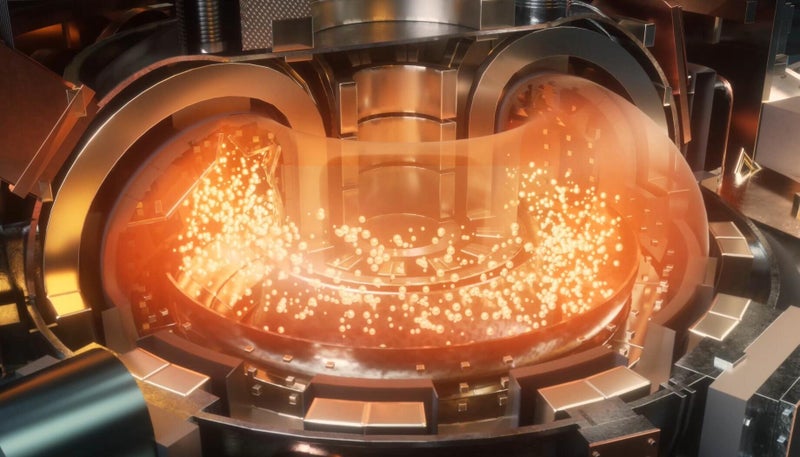Google ‘has proven we’re living in a parallel universe’ with new mindbendingly powerful chip Willow, physicists theorise
Share:
GOOGLE claims a breakthrough quantum chip called Willow may prove the existence of parallel universes. The gob-smacking theory came as Willow took just five minutes to solve a computational problem so hard it would have taken today's super-computers around 10 septillion years to crack.
![[Google's quantum chip Willow]](https://www.thesun.co.uk/wp-content/uploads/2024/12/promising-applications-various-fields-957911422.png?strip=all&w=960)
The quantum chip's performance has been labelled as "astonishing" by the leader and founder of Google's Quantum AI team Hartmut Neven. He said the ultra-high-speed result - that would have taken another super-computer more than the age of the universe to crack - "lends credence to the notion that quantum computation occurs in many parallel universes".
![[Hartmut Neven (L) and Anthony Megrant (R) examine a cryostat refrigerator]](https://www.thesun.co.uk/wp-content/uploads/2024/12/anthony-megrant-r-examine-cryostat-957911418.png?strip=all&w=960)
Oxford University's David Deutsch was also credited for proposing the theory that the breakthrough development of quantum computing would affirm the "many worlds interpretation" of quantum mechanics. This includes the baffling - and terrifying - existence of a multiverse.
![[A logo of Google’s quantum chip Willow]](https://www.thesun.co.uk/wp-content/uploads/2024/12/photo-illustration-logo-googles-quantum-957911654.jpg?strip=all&w=960)
Unlike traditional computers that employ 0s and 1s, quantum computers rely on infinitely smaller bits called qubits, TechCrunch reports. These process information at lightning speeds, therefore allowing them to potentially solve unbelievably complex problems.
![[Physicists theorise Google ‘has proven we’re living in a parallel universe’]](https://www.thesun.co.uk/wp-content/uploads/2024/12/parallel-universes-conceptual-illustration-957911822.jpg?strip=all&w=960)
The issues that Willow could solve would push beyond the capabilities of traditional computation machines. Leader and founder Neven also claims that Willow is less error-prone than other quantum computers. This is because experts have found a paradoxical way to reduce the likelihood of glitches.






















